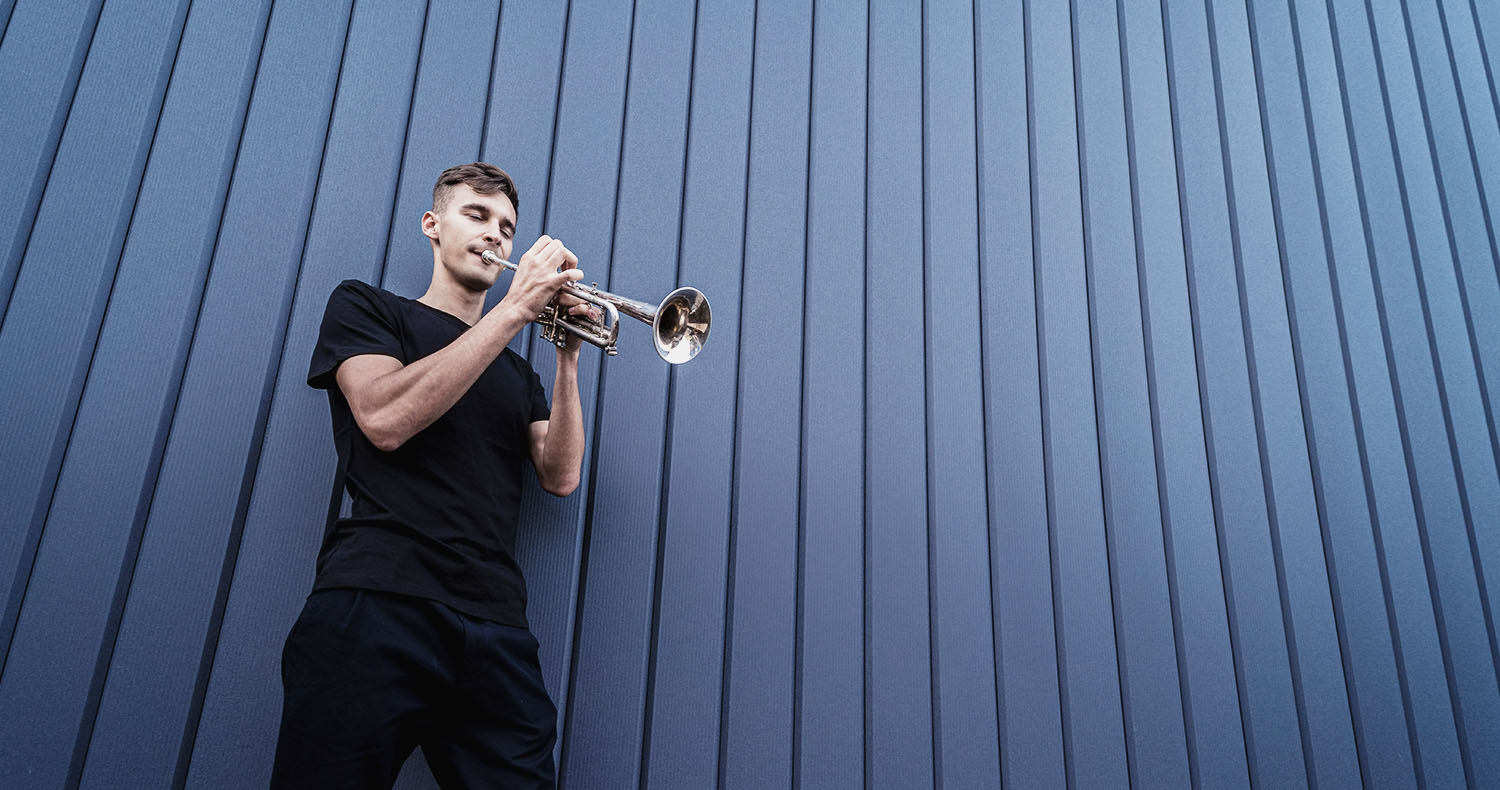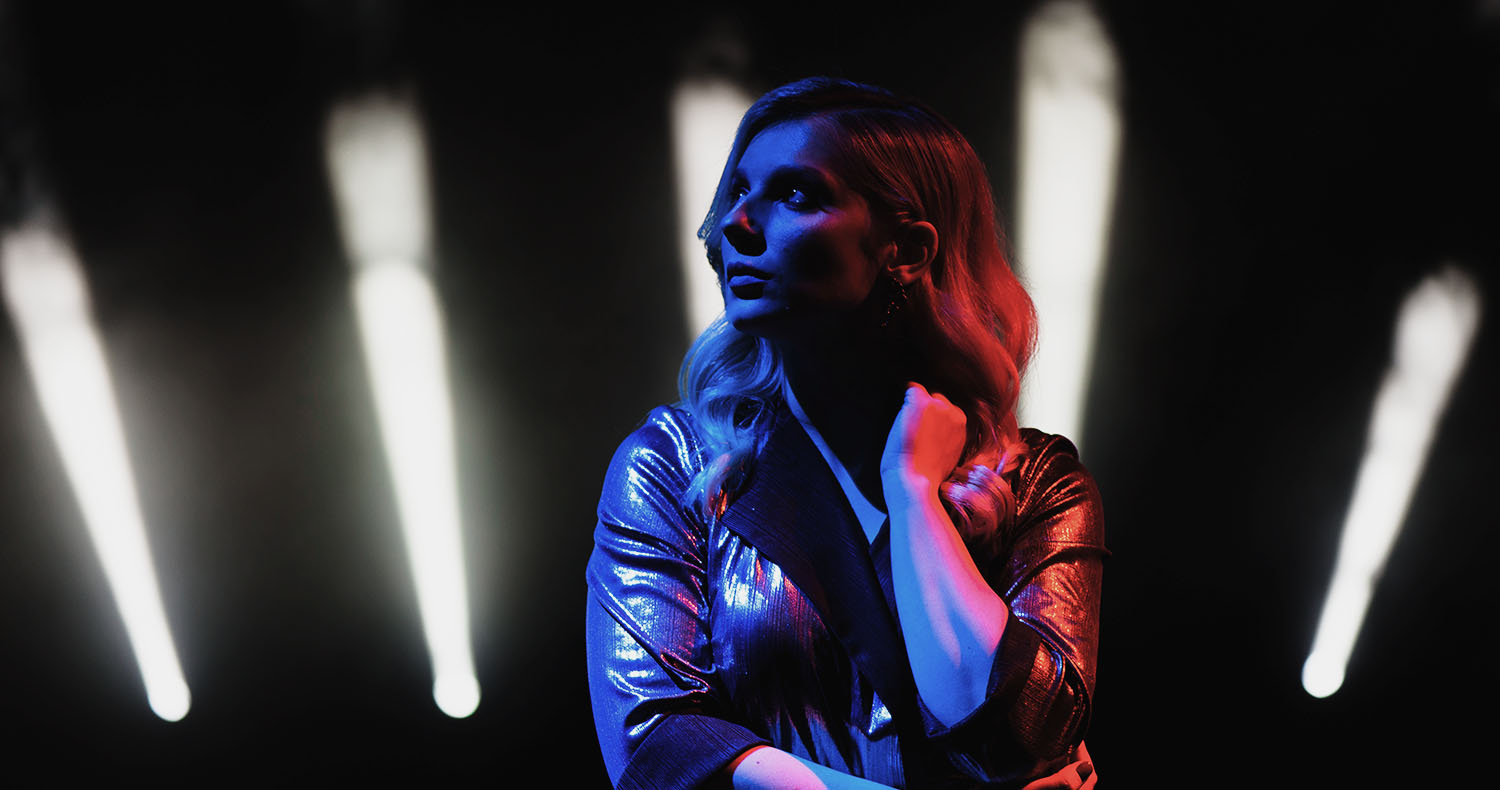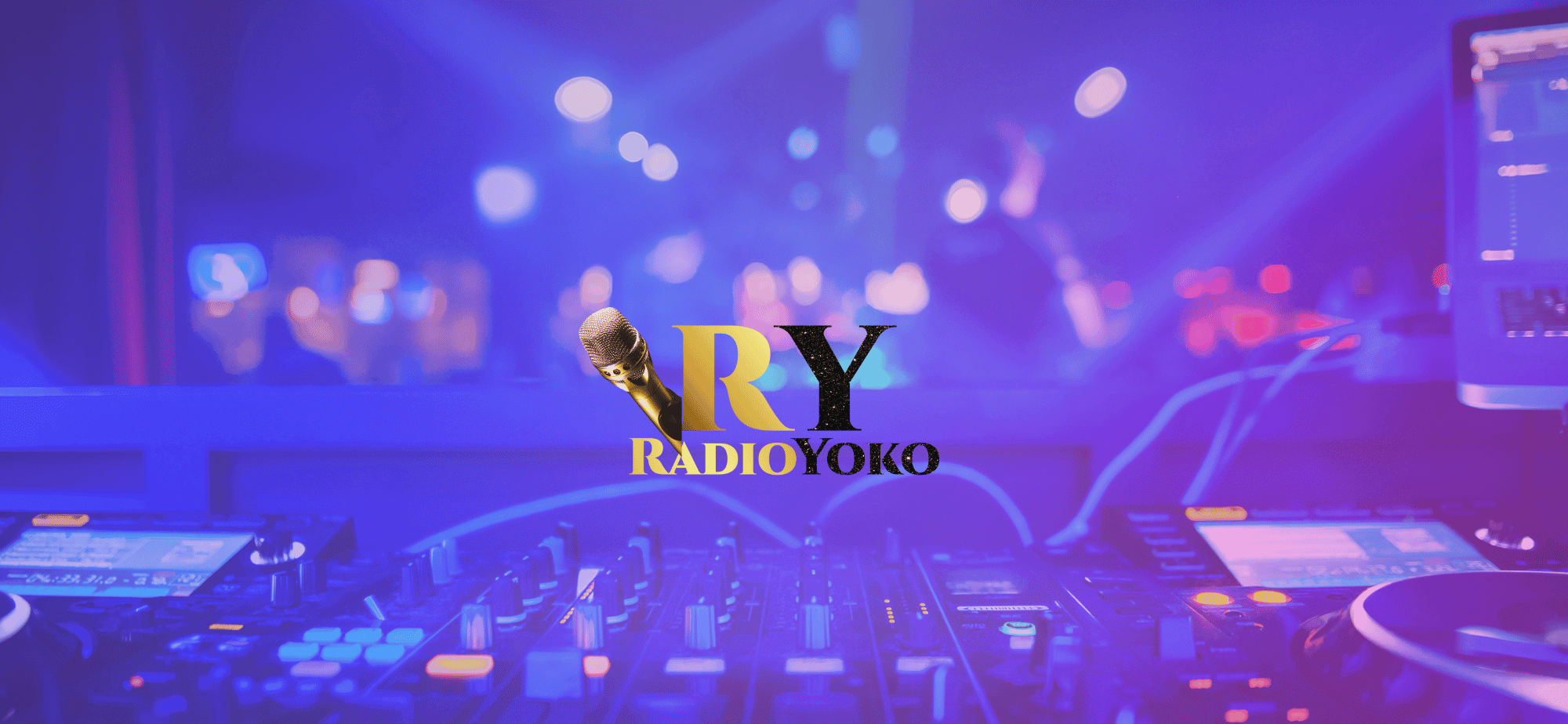The Subways Tour Diary: Days 6-10 the adventure continues
Written by radioyoko on 11/01/2022
The Subways were kind enough to chronicle their North American tour for us, and we’ll be running their tour diary in several installments this week. Billy Lunn will be our guide, and as he writes, “Because so much usually ends up happening on our tours, we thought that this time round, whilst we’re on our exciting US/Canada tour, I’d keep a diary of all our happenings.
As well as being a nice little insight for you guys into our daily lives, it’s also a nice way for me to recap and relive the days as they happen!
Check out entries for Days 6-10 below.
Early start today for a Converse live session, but it was a great excuse to get in a cab and see the sights of beautiful Boston. The wealth of redbrick buildings reminded us of the redbrick of Manchester in our own U.K., which adds a natural autumnal look to the city, and this wonderful quality was compounded by the blue skies and soft, orange sunlight! On our way we passed Harvard Business School on our right, and I wanted to take a detour over the bridge to Harvard Square in Cambridge so I could get a nice feel of what it’s like there. All of a sudden I felt pangs of wanting to study a postgraduate at a Boston uni after I finish my BA at Cambridge—assuming I graduate, of course! Haha! We didn’t take the detour; we like to be punctual!
How To License Your Music
Written by radioyoko on 05/21/2016
Music is a big part of civilization. Centuries had passed but music survived and even grew to greater heights every single decade. As a matter of fact, the demand of music has been rising very steadily in the past 10 years and it will continue that way in the foreseeable future. It comes along with the big amount of revenue the music industry is currently getting year after year. It is an unstoppable force as people always look up for the next great artist around the corner, thus continuing the cycle and the relevance of music. The demand of music content is at an all time high. The global music revenue since the turn of the century has been steady. The currency is measured in billions.
As the technology grew, music got more technical, complex and in demand. Others take credit for using music they don’t own. Nowadays, independent musicians are well aware of protecting their work for legal purposes. Through music licensing, you can be ensured of your asset/work being protected legally.
What is music licensing? Music licensing is the licensed used for copyrighted music. This allows the owner of the music to maintain the copyright of their original work. It also ensures the owner of the musical work to be compensated if their music is being used by others. The music licensing companies has limited rights to use the work without separate agreements. In music licensing, you could get your work licensed in the form of music, composition and songwriting.
During the music licensing process, there are terms that would be discussed by the groups involved. If you are an independent musician, you would be the licensor. You are the one responsible of the music created, thus you are the copyright owner of the licensed work. A licensee would be the music licensing company as they would be the one who will distribute your work to other industries. They will also collect the royalty fees as distribute them back to you if your music is included in live performances, TV shows, ads, campaigns, video games, etc.
There are also two kinds of contracts in music licensing, namely exclusive contract and non-exclusive contract. Exclusive contract means having your work licensed exclusively to a single music licensing company. Only a single company has the authority to distribute and market your work. If you signed an exclusive contract to your song or album, you cannot use the same music contents and get it signed by other music licensing companies. The agreement is exclusive and confidential to the licensor and the licensee.
Non-exclusive contract allows a second party to distribute your work and it doesn’t prohibit the licensor to sell their music to other music licensing companies or licensees. An independent musician can sign a non-exclusive contract to multiple companies using the same music content. Non-exclusive contracts are generally used to prevent an individual from being locked into a restrictive contract before their work gains popularity. This type of contract is designed to protect music artists from being taken advantage of in the early stages of their respective careers while on the process of getting their music out to larger audiences.
There are also cases which involves direct payment for used music content. This is called Sync Fees. Sync fee is a license granted by a holder of a copyrighted music to allow a licensee to synchronize music with visual media such as ads, films, TV shows, movie trailers, video games, etc. For example, a video producer is in dire need of music content for a certain project and is in a limited time of finding one.
In these cases, the artist and the music licensing company will be contacted directly for the possible use of the original work and negotiate the upfront payment involved. Sync fees can range from a few dollars to a couple of hundred dollars or up to thousands. The payment usually depends on how big and established a company is. If it is a well known company, there is a probability that the sync fee will spike up in value.
We need to understand that businesses nowadays are paying premium for music at an all time high. The influx and revenue generated on different industries are worth billions of dollars and the music artists who got their music licensed will get a big share of that money. The content of music is very important. Every single company need visual and audio content. You can’t do ads, shows and movies without having any music content.
Music licensing brings compensation for assets used. This is called royalty fees. A royalty fee is the payment collected by one party from another for the ongoing use of a copyrighted asset. You can get compensated if your work is featured on live public performances. For every live use of your music, you get compensated as you own the copyright of your work.
The American Society of Composers, Authors and Publishers (ASCAP) has collected over $941 million dollars in licensing fees and distributed $827.7 million dollars in royalties to its members back in 2014. BMI on the other hand, collected more than $1.013 billion dollars in license fees and distributed over $877 million dollars in royalties to its members during the year 2015.
Music licensing is the modern way of earning through music. In the past few years, the physical sales had gone down. Streaming music has taken over because it’s more convenient and practical with the help of the World Wide Web. With the rise of streaming sales, the figures that could be collected as royalty fees could spike up in the years coming. In fact, as stated in an Australian financial review website, streaming generated $2.5 billion dollars in US music sales last year, overtaking digital downloads as the industry’s biggest source of music revenue. As stated in the picture below, the global streaming of music is projected to reach greater heights in terms of revenue in the upcoming years.
The internet contributed greatly for the rise of music licensing and streaming. 20 years ago, the distribution of music hasn’t been exactly this big. Television shows and filmmakers are the top two industries that need music content. Today, there are more and more TV shows, films, commercials, movies, ads and tons of video games that need music content. It is safe to say that the internet opened the public eye about the opportunities involved behind it.
One of the most visited sites on earth is YouTube. People use, duplicate, rework, copy, revise and perform music from different artists around the world. It also has an influx of ads which contains music content. To track all these data, YouTube has a Content ID System. If your music is licensed, you can contact this site and they will take a look at their data and see if your work is being used by other parties. As the licensor, you have the authority to take actions such as mute the audio which matches your music, block a whole video from being viewed, track the video’s viewership statistics or monetize the video by running ads against it. Every country has different rules about it. But YouTube runs a lot of ads and monetizing work from this site is very probable.
If you are an independent musician, you must improve and instill professionalism in your craft to get your chances up of being signed by a music licensing company. With billions of dollars of revenue involved today, you want at least a slice of the pie. Monetizing your passion is never easy but taking the necessary steps to make it work is a must to reach success.
This Is What Live Music Looked Like Last Week
Written by radioyoko on 05/18/2016
We had some truly stellar photos come out of our photographers this week, as they attended shows from Vance Joy, Ball Park Music, Matt Corby and Groovin The Moo sideshows, with the common theme being some amazing light shows.
As Forbes notes, in the missive, Sixx and bandmates James Michael and DJ Ashba implore YouTube to work harder to protect the rights of artists whose work frequently appears on the platform without proper payment, clearance or copyright, noting their own positions of privilege as successful musicians — and wanting to use that advantage for the benefit of smaller acts, in keeping with their history of artist advocacy.
“We recently completed our fourth album called Prayers For The Damned, in our singer/producer James Michael’s recording studio,” the band began. “We are a lucky band, grateful to have all had success prior to the creation of Sixx:A.M.
Music expresses that which cannot be put into words and that which cannot remain silent.
“Nikki came from Mötley Crüe, DJ played guitar in Guns N’ Roses for the past six years and James has had a successful career as a writer and producer. Releasing an album and being part of a tour going on sale allows us to use the promoters’ marketing money to create a larger platform to get our message out, and having a record company that generates publicity gives us an opportunity to speak up about issues we think are important — specifically the crisis with the music business and YouTube.”
The band go on to recall the occasion on which they backed Taylor Swift “when she spoke up about the absence of royalty payments to artists by Apple Music”, as well as explaining that the band has “long been an advocate for new artists”, as evidenced by Sixx’s predilection for featuring emerging acts on his radio show, before taking aim at Google (and its founders, Larry Page and Sergey Brin) for its payment strategies through the framework of comparing its annual revenue to that of the global music industry.
Copenhagen Club Culture Box To Lose Government Funding
Written by radioyoko on 05/18/2016
Nightlife in Copenhagen is set for a heavy blow as one of the city’s main clubs, Culture Box, will lose a substantial amount of funding from 2017.
Since 2005, the Danish government has provided the club with €240,000 (1,800,000 Danish kroner) per year, but that’ll end at the end of 2016. The club describes the planned cancellation of funding as a “very hard blow” as the money goes towards bookings and maintaining facilities.
The press release also reads: “We are shocked that The State of Denmark has decided to remove the cultural support for the venue, and by that the support for electronic music culture.”
Some people have lives; some people have music.
House and techno has had a heavy presence at the club since it opened, with the likes of Moritz von Oswald, Ellen Allien, DJ Koze and Nina Kraviz all playing.
Southern California May Ban Rave-Style Events
Written by radioyoko on 05/18/2016
San Bernardino County Supervisor Janice Rutherford said Tuesday she will place an item on the May 24 board agenda calling for an end to rave-style events at the San Manuel Amphiteater in Devore.
Rutherford’s decision came amid continued and growing complaints from Devore and Crestline residents about excessive noise generated from electronic dance shows at the venue, mainly the Nocturnal Wonderland and Beyond Wonderland electronic dance shows, until the wee hours. Residents said the music is so loud it causes their windows to rattle and their walls to vibrate.
In addition to the noise, the concerts draw heavy traffic that traps residents in their homes and is a magnet for rampant drug use and drug sales, overdose deaths and public indecency, residents say.
During an April 5 board meeting, Rutherford said dozens, if not hundreds, of residents have complained about the shows since they began at San Manuel Amphitheater in 2013, when the county entered into its contract with Live Nation Worldwide.
The dance shows were previously held at the National Orange Show Events Center in San Bernardino, but continued complaints of a similar nature from residents and business owners forced their relocation.
During the April 5 Board of Supervisors meeting, Rutherford asked County Counsel Jean-Rene Basle how best to invoke the provision of the county’s contract with Live Nation allowing the county to terminate the contract should the dance shows become a public safety hazard or are subject to resident complaints due to noise or other nuisance behavior. Basle suggested that Rutherford put it before the board for a vote.
Practice in Public Makes Perfect: how playing for your fans makes you better
Written by radioyoko on 05/18/2016
Price, 57, has played music nearly her whole life, starting with piano when she was five years old. But in the fall of 2009, the guitar was still something of mystery to her. She had been playing for only a couple of months and was struggling a bit with the new challenges. Yet, instead of holing up in her living room to practice until she felt more confident, she did something totally unexpected: she packed up her guitar and sheet music, headed into downtown Los Angeles, and set up outdoors to work through the new techniques.
Twice a year, Active Arts, a series of programs run by the Music Center in Los Angeles, invites recreational musicians to the arts center’s campus for a 30-minute outdoor practice session called Public Practice. There are no rules about what participants can and cannot play, and mistakes are more than welcome.
“I looked at it as a way to make the time to practice, because I’m always so busy,” explains Price, a legal secretary. Having participated in Public Practice three times, she’s found that bringing her music outdoors helps her focus. “Playing out in public encourages me to approach things a little bit differently. Even though it’s not a performance, knowing that I might have observers helps me to organize my practice session,” she says.
On the other hand, Eric Oto, a saxophonist and two-time participant, has occasionally found himself sidetracked during outdoor sessions–but in a good way. “The acoustics were so fascinating that I ended up, for a little while, just strolling around the campus plaza listening for different sounds,” says the 48-year-old lawyer. “Hearing the sounds bouncing off of the granite, concrete, and everything else outside was really interesting, and it got me to think a lot more about sound production, rather than just technique.”
Sounds of Superior Productivity
Written by radioyoko on 05/18/2016
We are the music makers, and we are the dreamers of dreams.
[qtgallery id=”458″]
What is that secret age-old productivity tool? Music.
Yep. The right music can help you stay focused and more productive. Here’s how:
Music Helps Boost Productivity on Repetitive Tasks
Research has shown that when presented with repetitive tasks, music can help make those tasks more enjoyable and boost productivity. In this study, for instance, assembly line workers reported feeling happier and experiencing higher efficiency while listening to music.
Studies suggest that this is because music helps boost mood and therefore contributes to productivity. One study from Canadian researchers looked at this concept. What they found was that time-on-task was shorter — which means they got the work done quicker — and the quality of work performed was better when music was playing. Not only did those listening to music complete tasks faster, but they also came up with better, more creative ideas when the music was on.
This concept of mood can be further explained. Listening to music at your desk can help drown out other distracting noises like chatting coworkers, the buzz of the copy machine, and the clicks of other people typing around you. Placing earbuds in your ears to drown all that noise out — or even having music play over the office’s speakers — creates a more consistent and enjoyable environment that makes you feel more comfortable and relaxed in the space.
The New York Times further suggests that melodic tunes promote the release of dopamine, a feel-good chemical in the brain, which also contributes to that good mood and promotes a more productive working environment.
All of this suggests that music may be a valuable tool in boosting efficiency when performing mundane tasks, such as data entry or answering emails. Some suggest that when trying to focus on a complex task, music can be distracting – just as a noisy office may distract workers. But that doesn’t mean all music is bad for creative tasks. It’s just that the same type of music may not be appropriate in both situations. In fact, studies show that moderate levels of ambient noise can boost creativity, so you have to be conscious of what type of music is playing, and select it based on the task at hand.
New Demo From My Morning Jacket
Written by radioyoko on 05/18/2016
This week’s essential mix from All Songs Considered includes a surprising, electronic, mostly instrumental cut from The 1975 — a British group known more for its brash Top-40 pop and rock — an intimate home demo recording from My Morning Jacket and a spare, moody cover of Led Zeppelin’s “Immigrant Song” by the Irish folk singer known as SOAK.
Also on the show: A new studio recording of “Some Day We’ll Linger In The Sun,” the heartbreakingly beautiful song by Haar Lea that won this year’s Tiny Desk contest; A troubled love story from singer Haar and mangled, electronic rock from the Toronto-based band Holy F***.
But before we can even think of playing any music, Robin needs to pound his seventh cup of coffee of the day and welcome Bob back from his week on the road.
Judge Asked To Skillax To Attend ‘Stairway’
Written by radioyoko on 05/18/2016
“Consider heart disease, the No. 1 killer of women, killing more women than all cancers combined. If we can do more to prevent, treat and cure cardiovascular disease, more women will live longer, more families will stay together, more workers will stay productive, and we’ll save money on treating a condition that costs the U.S. nearly a billion dollars a day.
“Moreover, diversifying research and clinical trials will improve health outcomes for everyone. Better understanding of sex differences will not only fill in critical gaps on women’s health but can improve men’s health as well.
“To give an example, looking at disease through the sex and gender lens has driven new insights regarding atrial fibrillation (AFib), a dangerous condition marked by an irregular heartbeat that can lead to stroke, blood clots, heart failure and other heart complications. For many years, research failed to find an association between physical activity and AFib. Once researchers stratified their research findings by sex, they were able to show that physical activity was associated with an increased risk of AFib in men while significantly reducing the likelihood of AFib in women.
Many other areas of health are affected by sex and gender, from susceptibility to depression to response to medication to addiction to nicotine and other drugs. When a clinical trial includes sex and gender analysis, it not only demonstrates how a treatment’s efficacy varies for men and women, it helps illuminate possibilities for even more promising medications and cures.
“Last month, the U.S. Senate HELP Committee passed a series of biomedical innovation bills, which can be bundled into a companion to the House-passed 21st Century Cures Act. We applaud this bipartisan commitment to fighting disease and saving lives. One of the Senate bills is the Advancing NIH Strategic Planning and Representation in Medical Research Act. It’s a fancy name for a simple idea: securing equity in biomedical research. Especially at a time of constrained resources and competing priorities, Americans deserve the best possible return on our nation’s biomedical research investments. We urge the Congress to pass this legislation, for our health and for our future.”
























